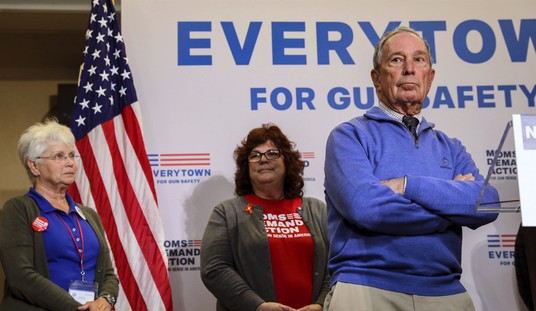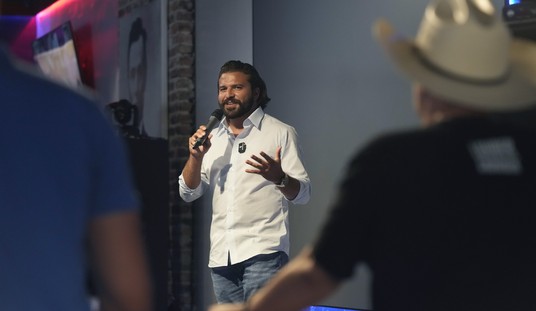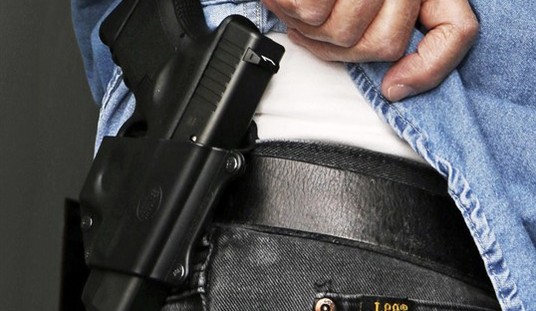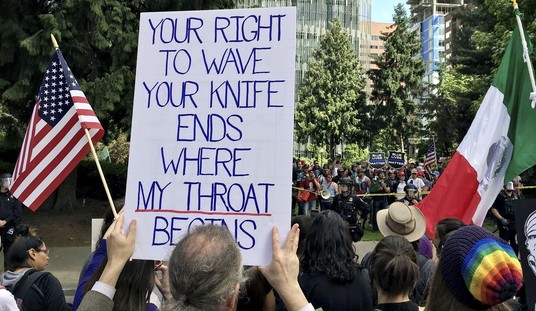It’s human nature to want to do something to fix a problem, but just doing “something” is rarely enough. You have to do something that works, and when it comes to addressing violent crime, a “gun buyback” is about as effective as wagging your finger at a stranger and telling them “don’t shoot anybody.”
That’s not stopping Emily Clark, a Philadelphia resident who’s trying to put together a compensated confiscation event in the city, which ended 2020 with 499 homicides. That’s the most since 1990, and Clark is right to be concerned about the violence. Heck, I’ll even applaud her for wanting to do something about it, but her efforts aren’t going to make anyone any safer.
Clark, of Chestnut Hill, is not a professional fund-raiser, so this is all a first for her. But she’s learning as she goes, she said. Her desire to help stems from her time as a behavioral health worker at the Dr. Tanner G. Duckrey Public School in North Philadelphia, whose students made a profound impact on her life.
“The kids broke my heart, hearing some of their stories about guns and violence,” she said. “There were just some really sad stories. I am really passionate about this. If even if one gun gets turned in, and that gun was going to kill somebody … if this can save one person’s life, then it will be well worth it.”
“They make for good photo images,” said Michael Scott, director of the Center for Problem Oriented Policing, based at the University of Wisconsin’s law school. “But gun buyback programs recover such a small percentage of guns that it’s not likely to make much impact.”
The relatively small number of guns recovered isn’t the only problem, Scott said. Buyback programs tend to attract people who are least likely to commit crimes and to retrieve guns that are least likely to be used in crimes.
Scott and others say violent criminals – the people who do most of the shooting and killing – steer clear of buyback programs unless they’re trying to make some quick cash by selling a weapon they don’t want anymore.
That means buyback campaigns more often end up with hunting rifles or old revolvers from someone’s attic than with automatic weapons from the trunk of a criminal’s car.









Join the conversation as a VIP Member